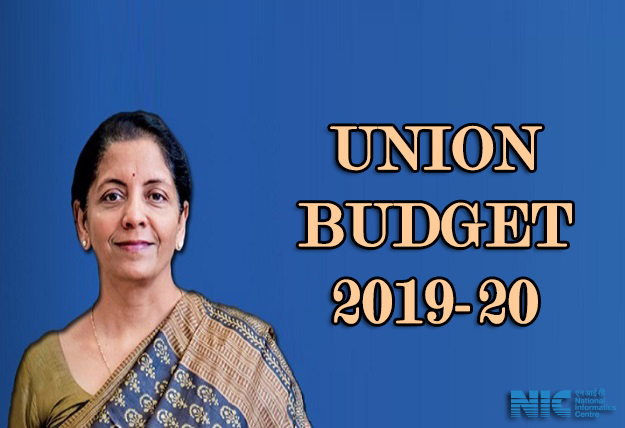Boosting economy is always the intention of the Modi regime and it is always a gift when the government thinks about technological advancement faster than private entities. In this article, we have mentioned only the big reforms which will be introduced seeing the status and demands of Indian economy this fiscal year.
Big Reforms discussed in Fiscal Budget 2019 (II)
FinMin hs come up with various incentives and structural to make the objective stand tall and ensuring that promises are kept. With the economy existing at $2.7 trillion, it becomes imperative that each step and change is introduced after considering stakeholders and their behaviours. Following porposals highlight the key reforms to be introduced over a period of time for promoting financial status of the nation:
- Increase in minimum public shareholding in listed companies: Consideration to be given to consider raising the current minimum public shareholding threshold in the listed companies of 25% to 35%.
- Rationalisation of KYC norms for FPIs: Rationalising and streamline the existing Know Your Customer (KYC) norms for FPIs to make it more investor friendly without compromising the integrity of cross-border capital flows.
- Evolution of social sock exchange: Govt is considering steps towards creating an electronic fund raising platform a social stock exchange under the regulatory ambit of SEBI for listing social enterprises and voluntary organisations working for the realisation of a social welfare objective so that they can raise capital as equity, debt or as units like a mutual funds.
- Inter-operability of RBI depositories and SEBI depositories to get retail investors to invest in treasury bills and securities issued by the Government and ensuring institutional development using stock exchanges.
- Changes in Foreign Direct Investment: Examination of suggestions for further opening up of FDI in aviation, media (animation, AVGC) and insurance sectors in consultation with all stakeholders.
- Introduction of 100% Foreign Direct Investment (FDI) will be permitted for insurance intermediaries and easing out local sourcing norms for FDI in Single Brand Retail sector (SBRT).
- Increase in statutory limit for Foreign Portfolio Investors’ investment in a company from 24% to sectoral foreign investment limit with an option to corporates to limit it to a lower threshold.
- Permission to FPIs to subscribe to listed debt securities issued by ReITs and InvITs.
- Merger of NRI-Portfolio Investment Scheme Route with the Foreign Portfolio Investment Route.
- Incorporation of Public Sector Enterprise (PSE) called New Space India Limited (NSIL) as a new commercial arm of Department of Space to reap the benefits of the Research & Development carried out by ISRO. The Company will spearhead commercialization of various space products including production of launch vehicles, transfer to technologies and marketing of space products.
Other changes:
- Introduction of New National Education Policy to transform India’s higher education system to one of the global best education system.
- Govt to focus on new-age skills like Artificial Intelligence (AI), Internet of Things, Big Data, 3D Printing, Virtual Reality and Robotics, which are valued highly both within and outside the country, and offer much higher remuneration.
- Introduction of a television programme under DD bouquet exclusively for start-ups. This shall serve as a platform for promoting start-ups, discussing issues affecting their growth, matchmaking with venture capitalists and for funding and tax planning.
Highlights mentioned are not the only changes, but many other taxation and other changes have been introduced. Our team will be out with the Taxation impact of the Budget shortly.
In case, you need any clarifications, kindly login to www.taxtellers.com and raise a free query!

